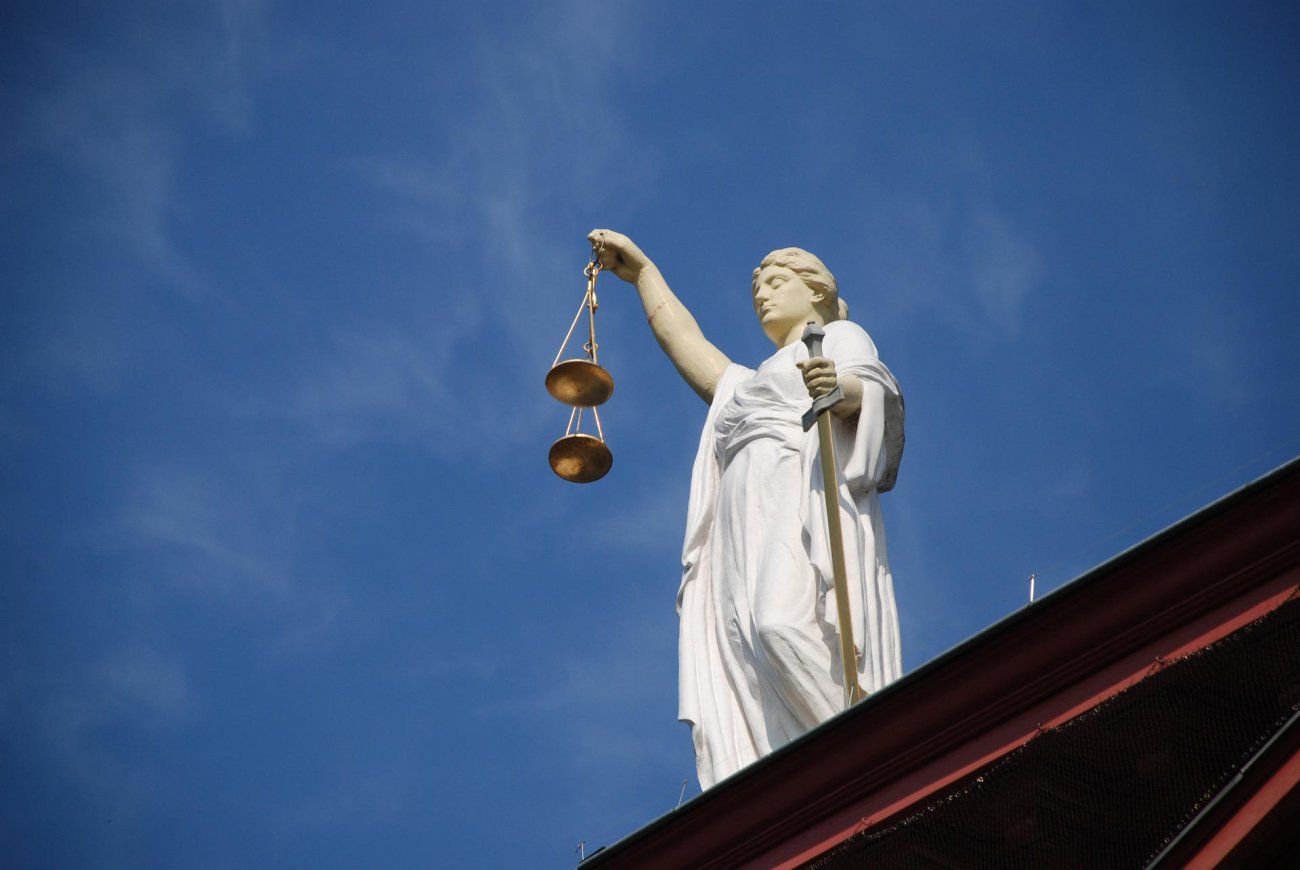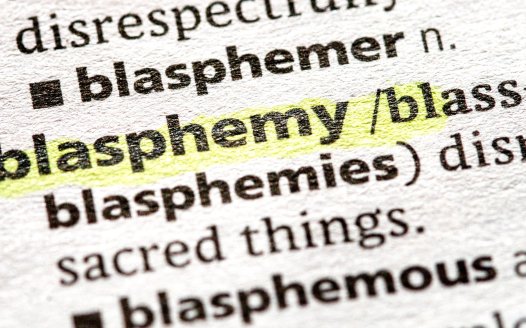NSS: Bill of Rights must protect FoRB for all
Posted: Mon, 11th Jul 2022
The National Secular Society has raised concerns about a potential erosion of rights for nonreligious people in the government's proposed 'Bill of Rights'.
In a letter to Secretary of State for Justice, the NSS said any attempt to replace the Human Rights Act (HRA) with the Bill of Rights "must not dilute freedom of religion or belief".
Last year the government consulted on its plan to replace the HRA, which incorporates the rights contained in the European Convention on Human Rights (ECHR) into UK law. It makes it generally unlawful for any public body to act in a way which is incompatible with the convention.
The government recently published its response to the consultation submissions. Most submissions opposed the replacing the HRA with the Bill of Rights.
The NSS, which made a submission to the consultation, said the European Court of Human Rights (ECtHR) had "largely achieved" an appropriate balance between freedom of religion or belief, and the rights of others not to have those beliefs imposed upon them.
It said the greatest protection of everyone's freedom of religion or belief "will be achieved by UK courts following existing jurisprudence".
A "significant rollback on human rights protections"
The NSS expressed concerns that in its response, the government said the Bill of Rights "will ensure courts cannot interpret laws in ways that were never intended by Parliament".
The NSS said courts are not allowed to interpret laws in ways that were never intended by parliament. However, the HRA enables judges to interpret legislation in a way that is compatible with the ECHR.
Removing this dynamism could compel courts to interpret Convention rights in a "narrow, static fashion" which risks increased clashes with the ECtHR and "a significant rollback on human rights protections, particularly for the nonreligious".
Fears that the Bill of Rights could be used to establish special protections for people of faith were prompted by a recent debate on the bill.
Democratic Unionist Party MP Jim Shannon said the UK courts had dealt 'harshly' on cases regarding expressions of Christianity in the workplace. He asked Dominic Raab for confirmation that "our right to speak the name of Jesus and respectfully preach the gospel will be upheld".
Raab said Shannon "will see the principles that he has articulated reflected in the Bill of Rights, and I look forward to continuing to discuss the details with him over the weeks and months to follow."
NSS chief executive Stephen Evans said: "The government has not presented a persuasive rationale for replacing the Human Rights Act.
"But if there is to be a new Bill of Rights, it must ensure parity of esteem between people of all faiths and beliefs and guarantee equal protections for the nonreligious. The balance must not be tipped in favour of granting greater freedoms for religious groups to impose their beliefs on others."
What the NSS stands for
The Secular Charter outlines 10 principles that guide us as we campaign for a secular democracy which safeguards all citizens' rights to freedom of and from religion.








